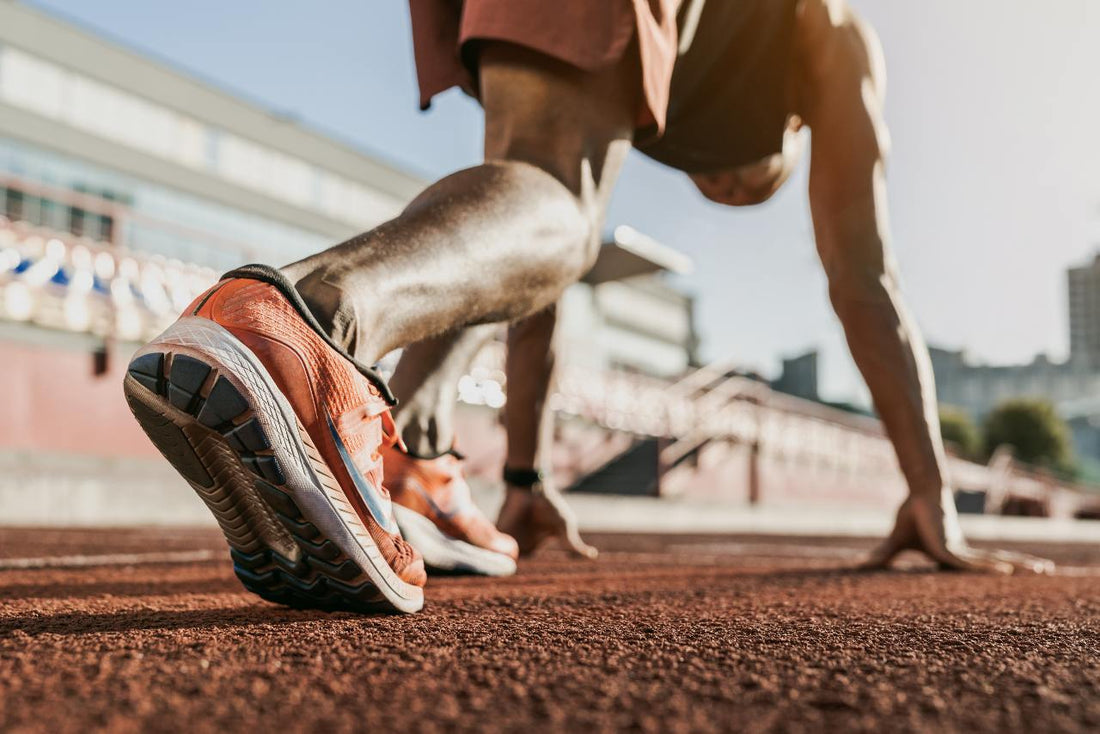In pursuing successful sports performance, it is essential to understand the sports performance factors that impact performance and ensure a healthy and sustainable path.
Training
Training is essential in any sport, aimed at improving physical abilities such as strength, speed, endurance and power. Effective programs are characterized by specificity, intensity and progression , responding to the demands of the sport and the individual needs of the athlete. Understanding sports performance factors is essential for effective training.
Periodization is a crucial concept in training. It is a strategy used in workout programming that uses a cyclical and ordered method to vary the main aspects of training, especially in terms of intensity (defined as the percentage of the maximum load that can be lifted) and volume. This approach helps to optimize performance, avoid plateauing and overtraining, by systematically alternating periods of more or less intense work.
Diet
Nutrition is another pillar of sports performance. It provides energy and nutrients needed to train, compete and recover. An athlete's diet must support their energy needs and be personalized to their training program and metabolic needs. Carbohydrates are essential for energy and it is important to synchronize their intake with training to maximize muscle glycogen stores and improve performance; proteins are needed for muscle repair and growth and fats for long-term energy release. Hydration also plays a crucial role, as even mild dehydration can impair an athlete's ability and promote early fatigue.
It is also worth considering post-workout nutrition which is essential for recovery, with a focus on replenishing glycogen stores with carbohydrates and muscle repair and growth with proteins.
Mental preparation
Mental preparation can make the difference between winning and losing, especially at very high levels of competition. An athlete's ability to remain calm under pressure, stay focused during performance, recover mentally from setbacks, and cultivate a resilient mindset determines their competitive edge.
Optimize the technique
Movement efficiency involves perfecting technique to maximize performance while minimizing energy expenditure. This not only improves efficiency but also reduces the risk of injury. Sports biomechanics can play a significant role in how athletes can fine-tune their movements to maximize muscle mechanical advantage. Biomechanical analysis can provide important feedback, helping to adjust posture, alignment, and movement for greater efficiency.
Recovery: Essential for Success
Recovery is just as important as training. Recovery techniques such as massage, cryotherapy, compression garments, active recovery sessions, and proper sleep hygiene help speed muscle repair, decrease inflammation, and prepare for subsequent training sessions.
Injury Management: Prevention and Treatment
Injury management is a critical aspect of sports performance. Preventive measures include proper warm-up exercises, proper technique, and proper equipment. In the case of injuries, effective treatment followed by professionally guided rehabilitation ensures a safe return to sport. Chronic injuries require especially careful management to prevent long-term damage.



